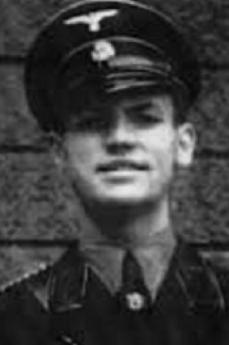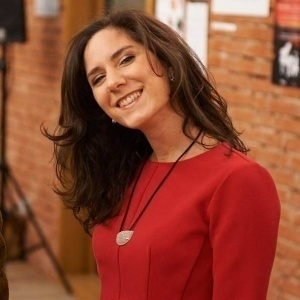Story of a Nazi who has never repented. It is about Erich Priebke, former SS officer sentenced for the massacre of the Fosse Ardeatine, deceased in Rome a few days ago. While the press is riding the argument about his funerals and remembers the crimes he committed, we can draw another, great lesson from this event. Priebke in fact has shown the world’s public opinion who and what a Nazi is. He conveyed the image of an aged criminal, but unrepentant and far from any redemption. He has never showed repentance, nor has he moved at least foro ne moment watching his victims’ relatives. He showed us, as a whole, that a Nazi criminal remains such even at death’s door. For one century Priebke has remained faithful to himself and his convictions, and he has sought to underline this also in the interview – will that he gave on his 100th birthday and was published only after his death. From his words – entitled as “my worldview” – still arise all peculiar features of Nazi belief: the Jewish plot, Holocaust denial, the theory of fabrication of the evidence about the gas chambers. The emerging profile is the one of the perfect Nazi, still valid over 70 years after the beginning of World War Two. Priebke did not mention the 335 dead of the Fosse Ardeatine even in his last words, and focused instead on firmly denying the extermination by the gas chambers inside the Nazi lagers “In the camps there were no gas chambers – he wrote in his will – except for the one built after the war by the Americans in Dachau, but there were only vert broad kitchens”. The former SS officer depicts the camps as quiet places, with even “a broche for the inmates’ needs”, and he shows himself as completely faithful to his past and his convictions. Like Eichmann, Priebke repeated the same script of all persecutors. None of them ever found the courage or strength to take on the responsibility of the horror perpetrated to obey the Nazi logics, no one admitted his cruelty at exterminating people merely for they enjoyment, erasing a race from the earth. All of them has chosen repression and denial. Priebke has put us in front of that kind of evil which seemed to be far from us and shut in history schoolbooks, almost impossible to figure out and unthinkable to our date. Also, he has reminded us that that kind of evil has been and is absolutely real, which makes it even more important to remember what Nazism was about – even more on the 70th anniversary of the roundup of the ghetto of Rome, on 16 October. This event does not only enable us to ask ourselves some questions about evil, but also to show the younge rgenerations the identikit of a Nazi officer: not a nearly caricatural figure, but a cruel and cold calculator for whom killing without mercy was a routing activity to carry out without any remorse. In Priebke’s opinion, the Holocaust was a manipulation of consciences, given by the fact that “the newer generations, starting from school, have been suject to brainwash”. This confirms more than ever the importance of memory, the need to render it more real in the eyes of the younger generations, even if they have not witnessed the Nazi crimes. Young people have the right as well as duty to know what happened. As long as the victims, witnesses and the very culprits pass away, our commitment not to forget and to tell young peoplle about the cruelty of “some characters who – as Liliana Segre put it – who have reached age 100 drinking beer in the evening and having nice trips, totally undisturbed, after killing innocent people” becomes a key factor. “Now we must help the people remember those who have been exterminated, and how, simply for the guilt of having been born”. In the face of the danger that Holocaust denial and anti-semitism resurface, it is important to day to struggle against indifference. The same word that is written at the entrance of the Milan Holocaust Memorial, at that Platform 21 from where the trains to the death camps departed.







